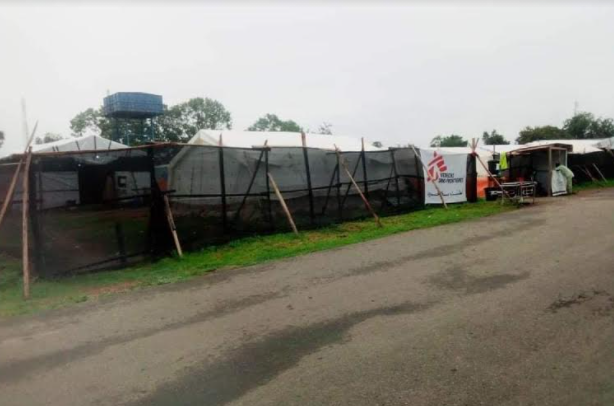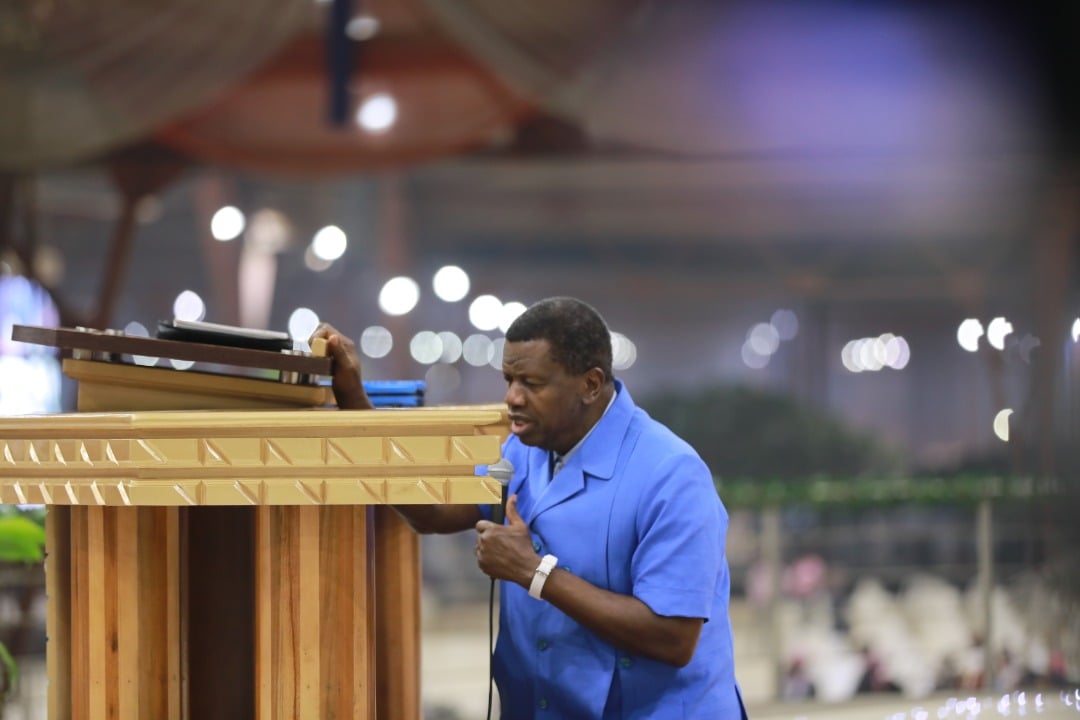It was on May 24 when the Bauchi ministry of health announced the outbreak of cholera in the state, with an index case identified in Magami community in Burra, Ningi LGA.
The patient had reported at a health facility 11 days earlier, complaining of abdominal pain, diarrhoea and frequent vomiting.
At the time, the state had recorded 322 cases and 20 deaths from Ningi, Warji, Bauchi and Giade LGAs.
But as of June 17, the disease had spread to 16 LGAs with a total of 2874 cases and 42 deaths. Bauchi LGA alone recorded 2185 cases and 22 deaths, followed by Toro, Tafawa Balewa and Darazo.
Advertisement
A significant number of those infected with the bacterial disease were cared for at the cholera treatment centre in Specialist Hospital Bauchi.
During a visit to the premises, neither relatives of admitted patients nor journalists were allowed access.
Women and relatives milled around outside — some with arms akimbo, others with hands clasped in supplication — waiting anxiously for good news from the health workers about the fate of their loved ones.
Advertisement
‘I FEARED I WOULD LOSE MY PREGNANCY’
Back at the worst-hit communities in Bauchi LGA, survivors painted a sordid picture of their ordeal.
Adamu Umar, a survivor who resides in Nitel quarters, said his experience started as abdominal pain, and within minutes, he was passing out watery stool and vomiting at the same time.
After he was taken to the hospital, his children also took ill and ended up on admission there.
Advertisement
“I was stooling and vomiting without control, I became weak. My legs were failing, that’s all I could remember as I woke up to find myself on a hospital bed,” he said.
“We were many in the ward. As I was recuperating, my two children were also rushed to the hospital with cholera; Rakiya and Aishatu. I thought all of us will die but thank Allah we made it out.”
Umar said the drugs at the cholera treatment centre are free and that the state Primary Health Care Development Agency had to fumigate his house and chlorinate his source of drinking water.
At Miri community, TheCable spoke to Memuna Mohammed Bala, an SS3 student who survived the disease.
Advertisement
She recounted: “On that faithful day, I came to Government Day Secondary School Miri to collected my slip for NECO examination and while waiting for the exams officer, I felt a sharp pain in my stomach which was accompanied by vomiting and diarrhoea. I was then rushed to a nearby primary healthcare centre where I was referred to the Specialist Hospital.
“The thought of missing my exams disturbed me throughout my stay at the hospital, as I didn’t make my papers last year, but I’m glad I recovered on time and today, I came for my paper in animal husbandry.
Advertisement
Fatima Shuaib, a housewife who is six months pregnant, collapsed while in the toilet and was rushed to the hospital.
“I was afraid of losing my pregnancy but the health workers assured me all will be fine and I thank Allah for that,” she said.
Advertisement
‘I PASSED STOOL AT A WEDDING’
Hadiza Amina, another housewife, was at a wedding when she became nauseous and felt pain all over her body — but she initially thought it was the heat from the crowd.
Advertisement
Before she could come to terms with what was happening, she had passed stool and was vomiting uncontrollably.
“I feel ashamed discussing this because they were many people at the event, before I could rush to the convenience, my wrapper was stuck with stool. I vomited without control and was rushed to the hospital,” she recounted.
“The workers at the cholera treatment centre didn’t care about my clothes. They quickly ushered me to a bed and started to administer drip.”
The Nigeria Centre For Disease Control (NCDC) had on July 10 said that 1239 cases of cholera were recorded in Bauchi between June 20 and June 26.
As the disease appears to be spreading fast in the state, officials have embarked on the chlorination of drinking water sources in affected areas and sensitisation of residents on safety practices — while doctors at the cholera treatment centres at the hospitals are working hard to save the sick.
Officials of the State Primary Health Care Development Agency could not be reached for comments on the current situation when TheCable reached out to them.
Add a comment






